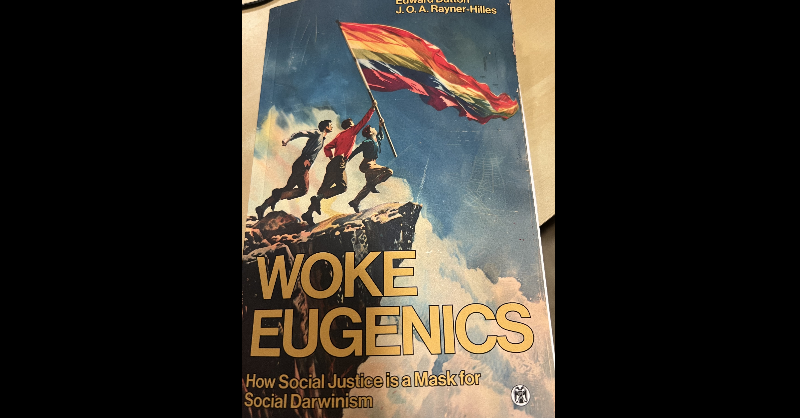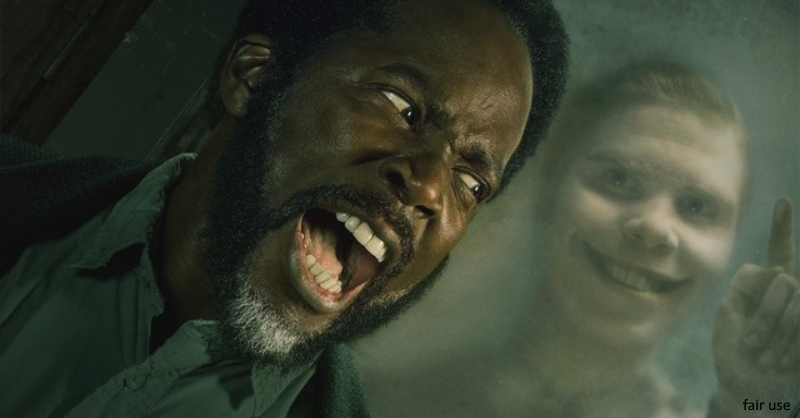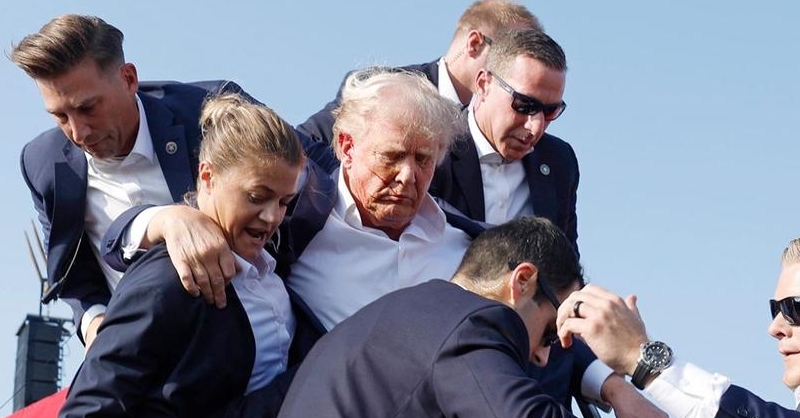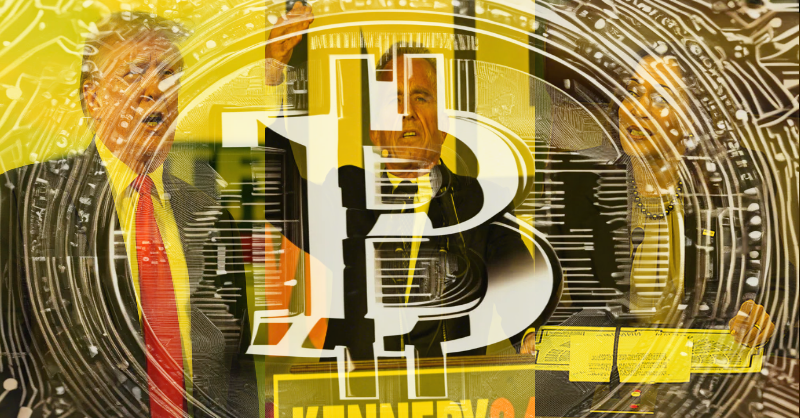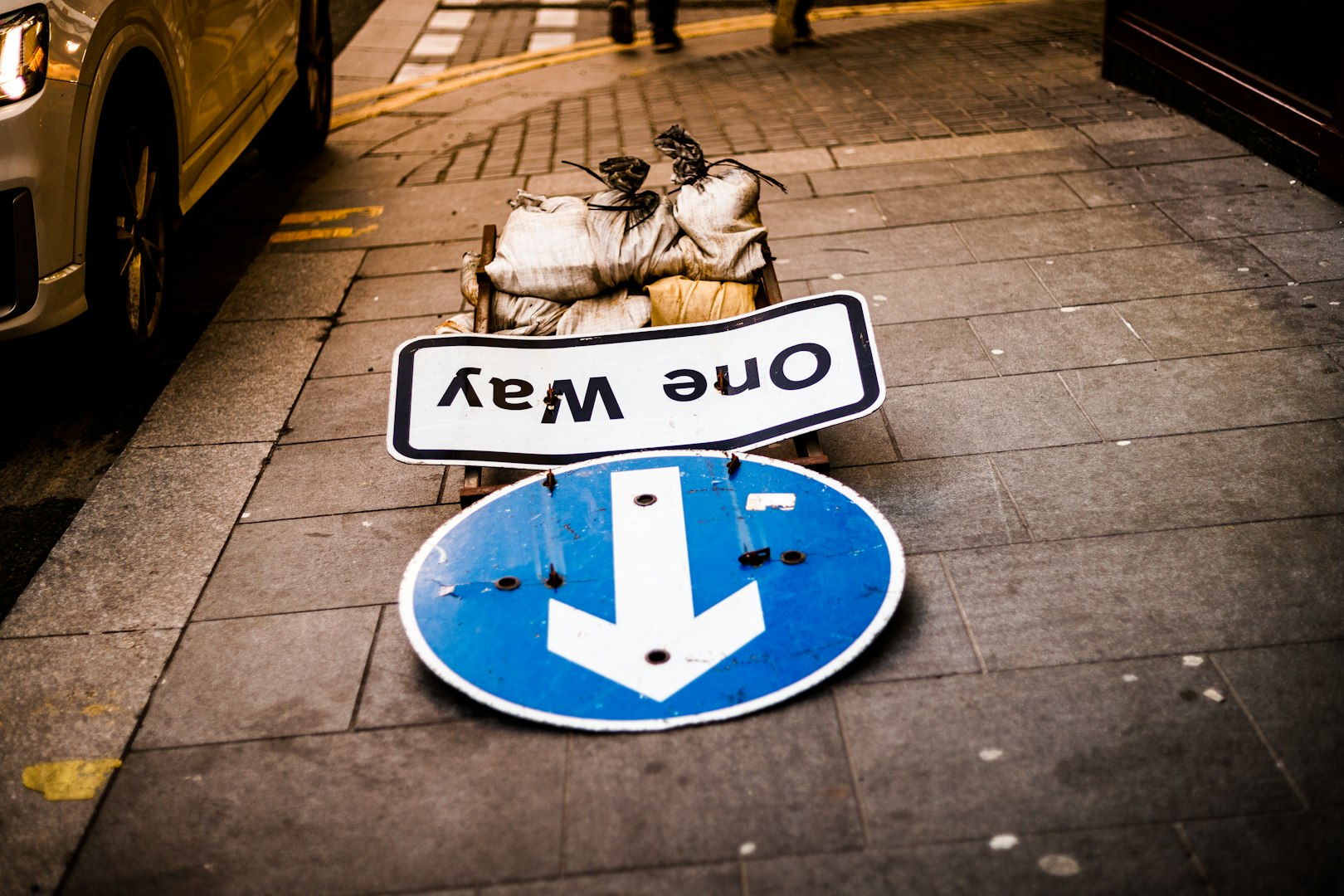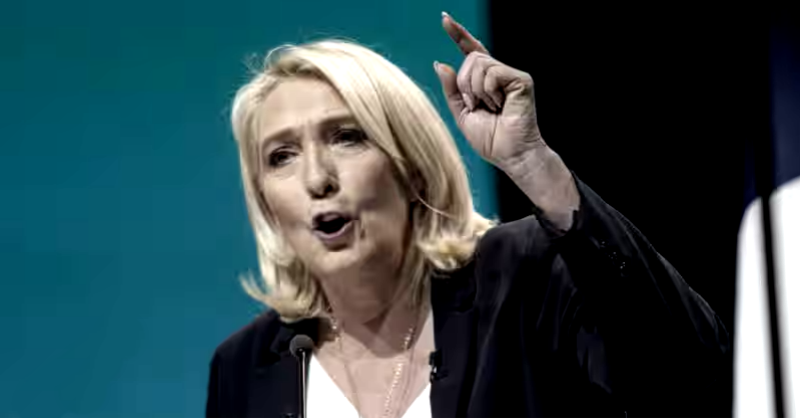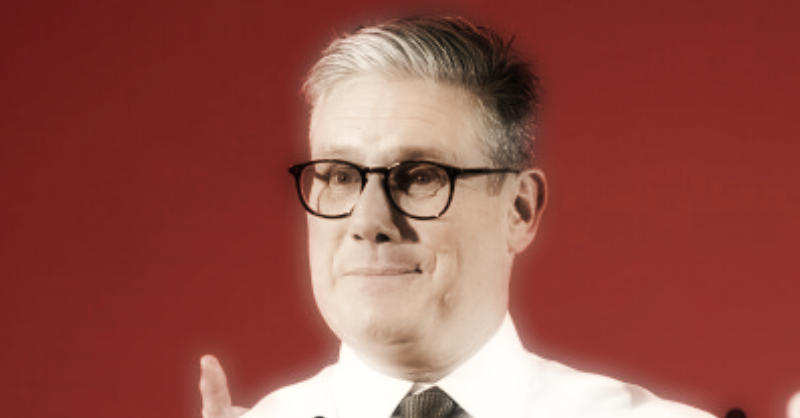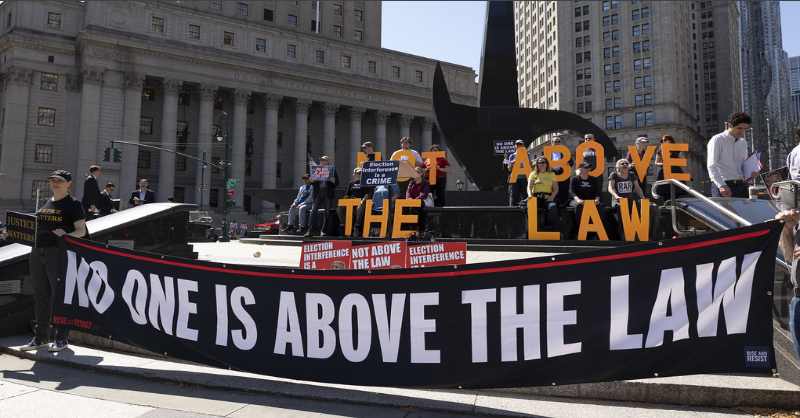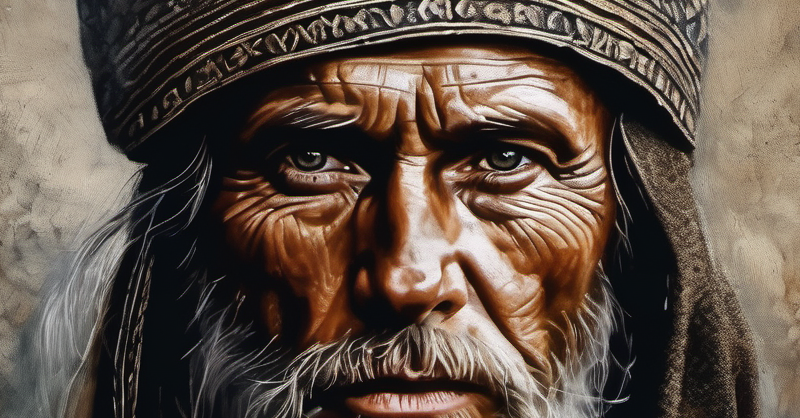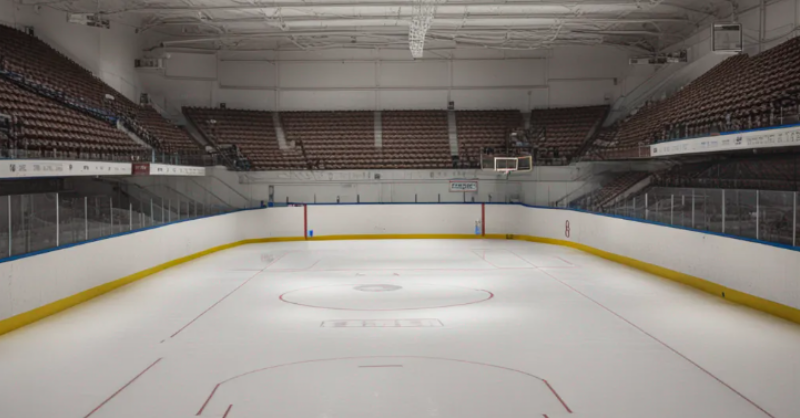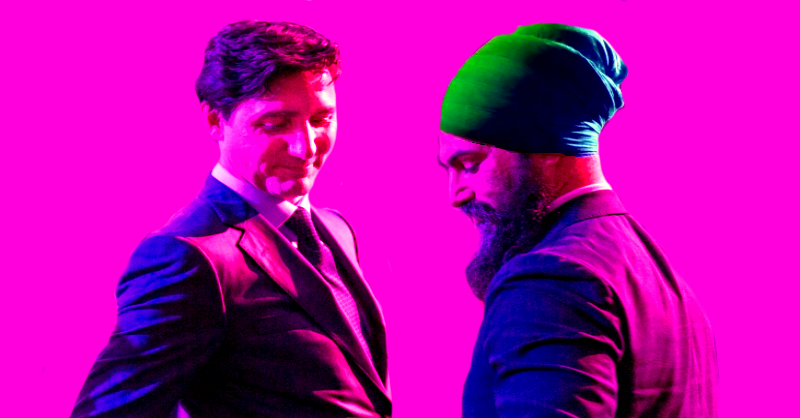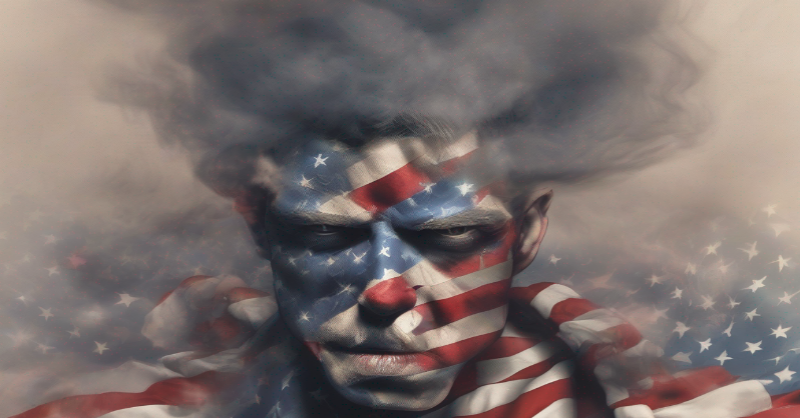In the modern political history of Russia, one
figure stands out above all others: Vladimir Putin. Since his rise to
power in the late 1990s, Putin has managed to maintain a firm grip on
the country's leadership, navigating through various challenges and
crises while consolidating his power.
After the collapse of the Soviet Union in 1991,
Russia underwent a tumultuous period of transition characterized by
economic instability, political uncertainty, and social unrest. It
was against this backdrop that Putin, then a relatively unknown
former KGB officer, was appointed as Prime Minister by President
Boris Yeltsin in 1999. When Yeltsin unexpectedly resigned on December
31, 1999, Putin became the acting president, and he was subsequently
elected to the presidency in March 2000.
One of the key factors that has enabled Putin to
stay in power is his ability to project an image of strength and
stability. In the early years of his presidency, Putin took a
hard-line approach to separatist movements in Chechnya, launching a
military campaign that ultimately brought the region back under
federal control. This decisive action, coupled with his tough
rhetoric on terrorism and crime, helped to establish Putin as a
strong leader who was willing to take bold steps to protect Russia's
interests.
Another factor that has contributed to Putin's
longevity is his successful management of the economy. When he first
came to power, Russia was still reeling from the economic crisis of
the 1990s, which had led to widespread poverty and social
dislocation. Under Putin's leadership, however, the economy
experienced a significant turnaround, fuelled in large part by rising
oil prices and increased foreign investment. This economic growth
helped to raise living standards and solidify Putin's popularity
among the Russian people.
Amid global sanctions, Russia's economy is proving self-sufficient and resilient.
Putin has also been able to maintain his grip on
power through a combination of political maneuvering and the
suppression of opposition voices. Over the years, he has
systematically weakened the country's democratic institutions,
including the media, the judiciary, and civil society organizations.
Critics of the government have faced harassment, intimidation, and
even violence, while loyal supporters have been rewarded with
positions of power and influence.
In 2008, Putin was barred by the constitution from
seeking a third consecutive term as president. To get around this
limitation, he orchestrated a castling move with his trusted ally,
Dmitry Medvedev, who became President while Putin assumed the role of
Prime Minister. This arrangement allowed Putin to continue exercising
power behind the scenes, and in 2012, he returned to the presidency
for a third term.
Putin's government has cracked down on political
opposition, using a variety of tactics to marginalize or eliminate
potential challengers. These tactics have included harassment,
intimidation, imprisonment, and even assassination.
His image as a strong and decisive leader has been
carefully cultivated by the state-controlled media. He is often
portrayed as a saviour who has rescued Russia from chaos and restored
its national pride. Since the invasion of Ukraine, multiple
independent polls have shown Putin's popularity among Russians
reaching historic highs.
Without confusing reality, it is important to
acknowledge that Putin is a classic gangster, thug, and dictator. He
has no regard or respect for the same democratic institutions that we
value. His opponents are killed and the entire system that keeps him
in power is deeply corrupted.
However, Putin's ability to maintain a grip on
power for over two decades is a testament to his political acumen,
adaptability, and resilience. He has skillfully navigated a series of
challenges, including economic crises, domestic protests, and
international pressure. When oil prices collapsed in 2014, Putin's
government implemented austerity measures and diversified the economy
to reduce its dependence on energy exports. Despite his role as a
suppressive dictator, he has skillfully navigated international
pressure, using a combination of diplomacy, propaganda, and military
intervention to defend Russia's interests and counter Western
influence.
How Russia Works
Russia's current federal political system has a
complex structure that combines elements of a presidential republic
with a federal state. This system is based on the Constitution of the
Russian Federation, which was adopted in 1993 following the collapse
of the Soviet Union, and is formally defined as a federal
semi-presidential republic. This means that power is shared between a
president, a prime minister and cabinet who are responsible to the
parliament, and regional governments that maintain a certain degree
of autonomy.
The President is the head of state and the
highest-ranking official in Russia. The president is elected directly
by the people for a specific term and can serve a maximum number of
consecutive terms. Much of this has changed under Putin and the president has significant powers, including the ability to appoint
the Prime Minister, dissolve the State Duma (lower house of
parliament) and issue decrees, or executive orders.
Russia's federal state
consists of 85 federal subjects, which include republics, oblasts
(regions), krais (territories), autonomous okrugs (districts), and
federal cities (Moscow, St. Petersburg, and Sevastopol). Each subject
has its own executive and legislative authorities, but their powers
are subordinate to federal laws and the country's constitution.
The country has a
multi-party system, but the political landscape is dominated by the
ruling party, United Russia, which supports President Vladimir Putin.
Other notable parties include the Communist Party, the Liberal
Democratic Party, and A Just Russia. Opposition parties and
independent candidates face significant challenges in participating
in the political process due to various factors, including
restrictive laws and limited access to media.
In some cases, political opponents are murdered.
